Newborn Care
Children born within four weeks (28 days) from the birth of the mother are called newborns. The neonatal period is the period with the highest human mortality rate, so careful care should be taken.
First, pay attention to the living environment. The newborn bedroom should be quiet, clean, elegantly furnished and sunny. If possible, the temperature inside the baby can be controlled between 21 degrees and 24 degrees, and the temperature is around 60 degrees and 65 degrees.
Second, pay attention to hot and cold care. Because the newborn’s body temperature regulation function is poor, it is necessary to keep warm in winter and heatstroke in summer to cool down. Normally, according to the temperature change, clothes should be increased or decreased in time.
Third, pay attention to skin care. Newborn skin is delicate and easy to damage, so the contact movement should be gentle, the clothes should be loose, and the texture should be soft. It is not suitable to nail buttons or use pins. Scrub the skin folds with warm water, wash after every bowel movement, and dry with a towel.
Fourth, pay attention to umbilical cord care. When the new umbilical cord has not come off, scrub the umbilical cord with 75% alcohol once a day, then cover it with sterile gauze, and do not bathe in the basin. After the umbilical cord comes off, you can not use gauze, but you must keep the umbilical part dry and clean. If red or purulent discharge is found in the umbilicus, anti-inflammatory treatment should be performed.
Fifth, we must ensure adequate sleep. Change the sleeping position of the newborn frequently to prevent deformation of the head.
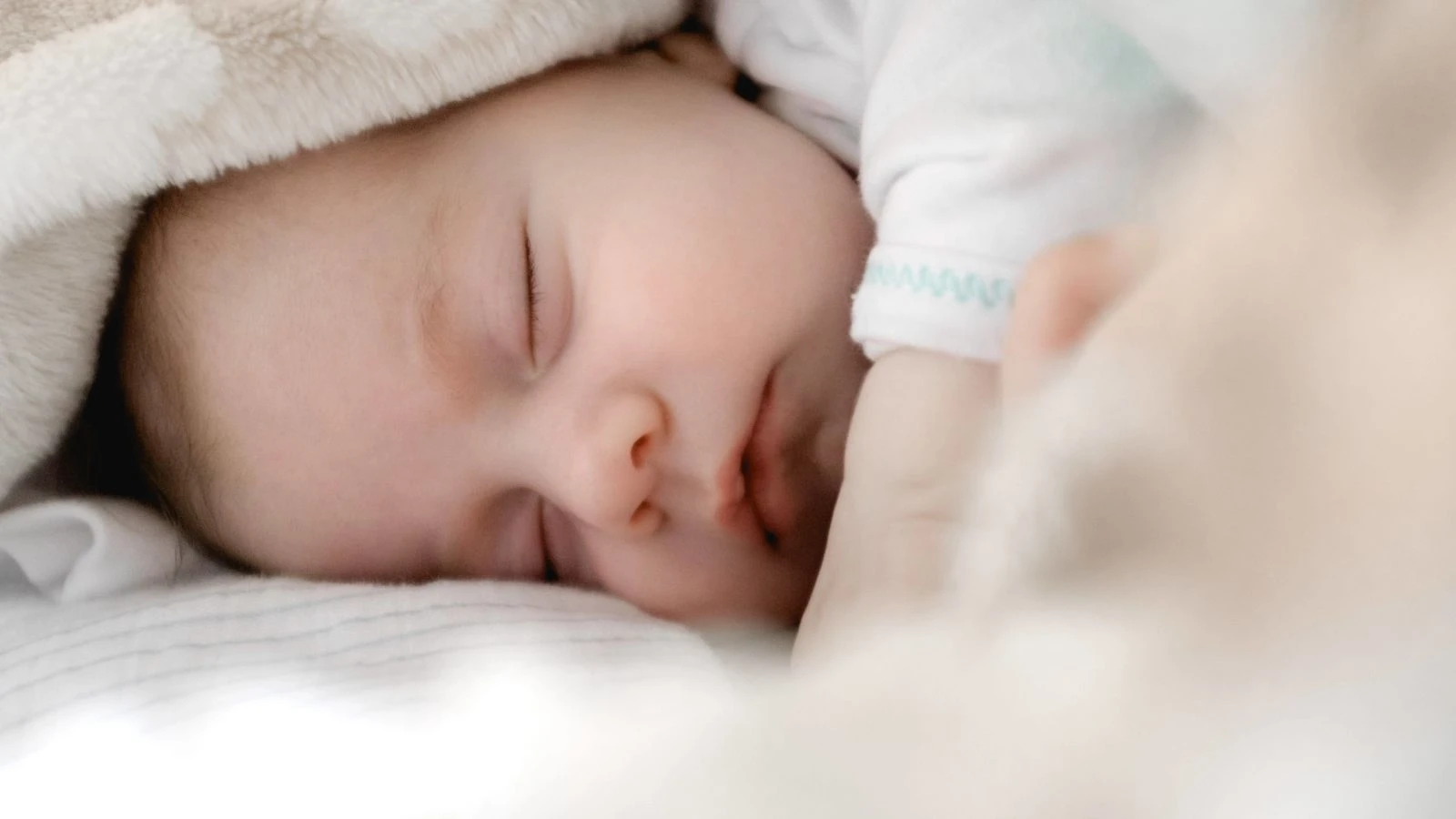
Sixth, properly handle special physiological phenomena. For example, the so-called “baby teeth” of newborns, mucus or bloody secretions in the vagina within a few days after birth, red urine, breast enlargement, erythema, pigmented spots and physiological jaundice (appears 2-3 days after birth), etc. These will disappear naturally after a few days, without special treatment. If the time is longer or there are other adverse reactions, you should go to the hospital for examination.
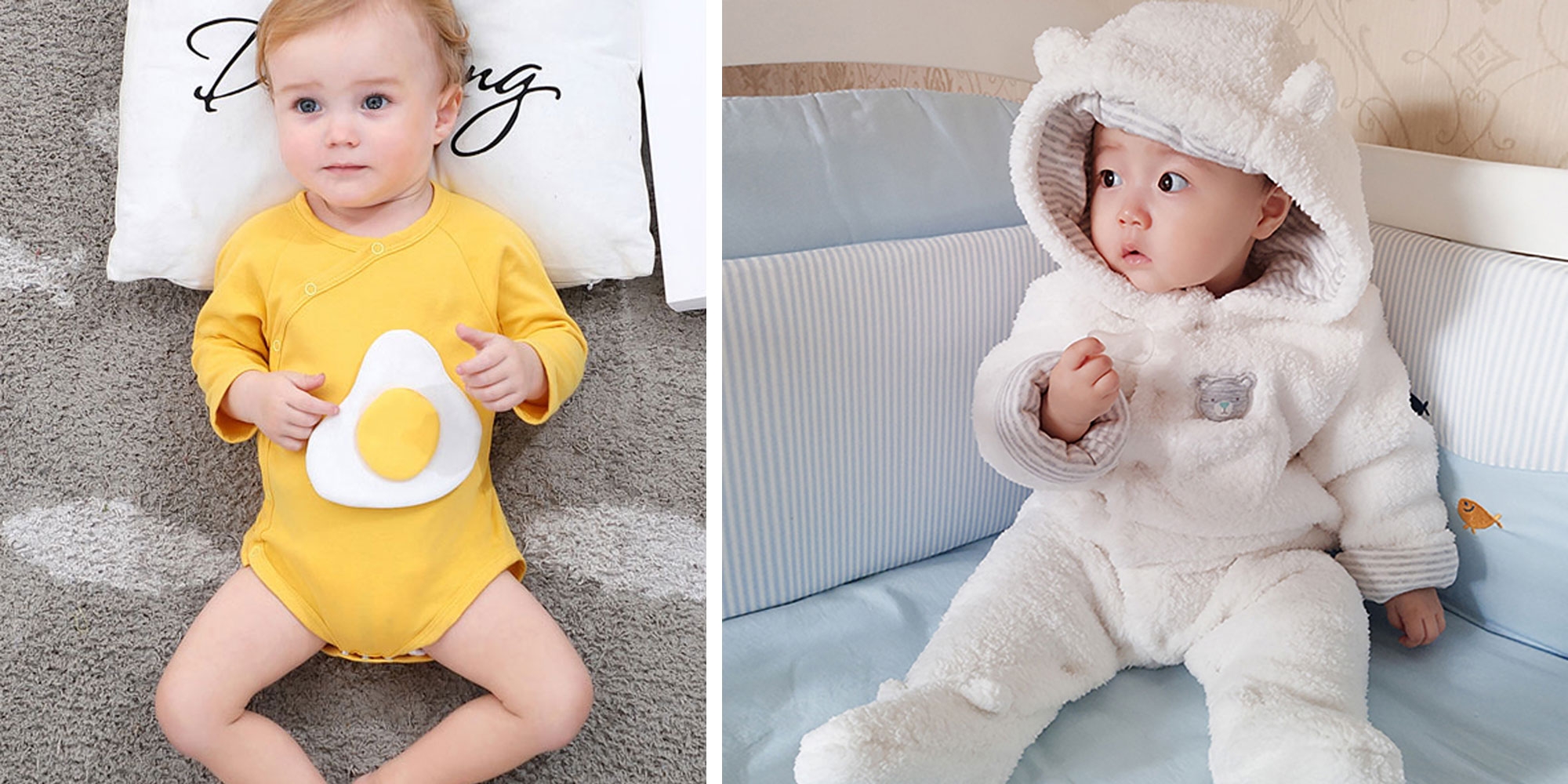
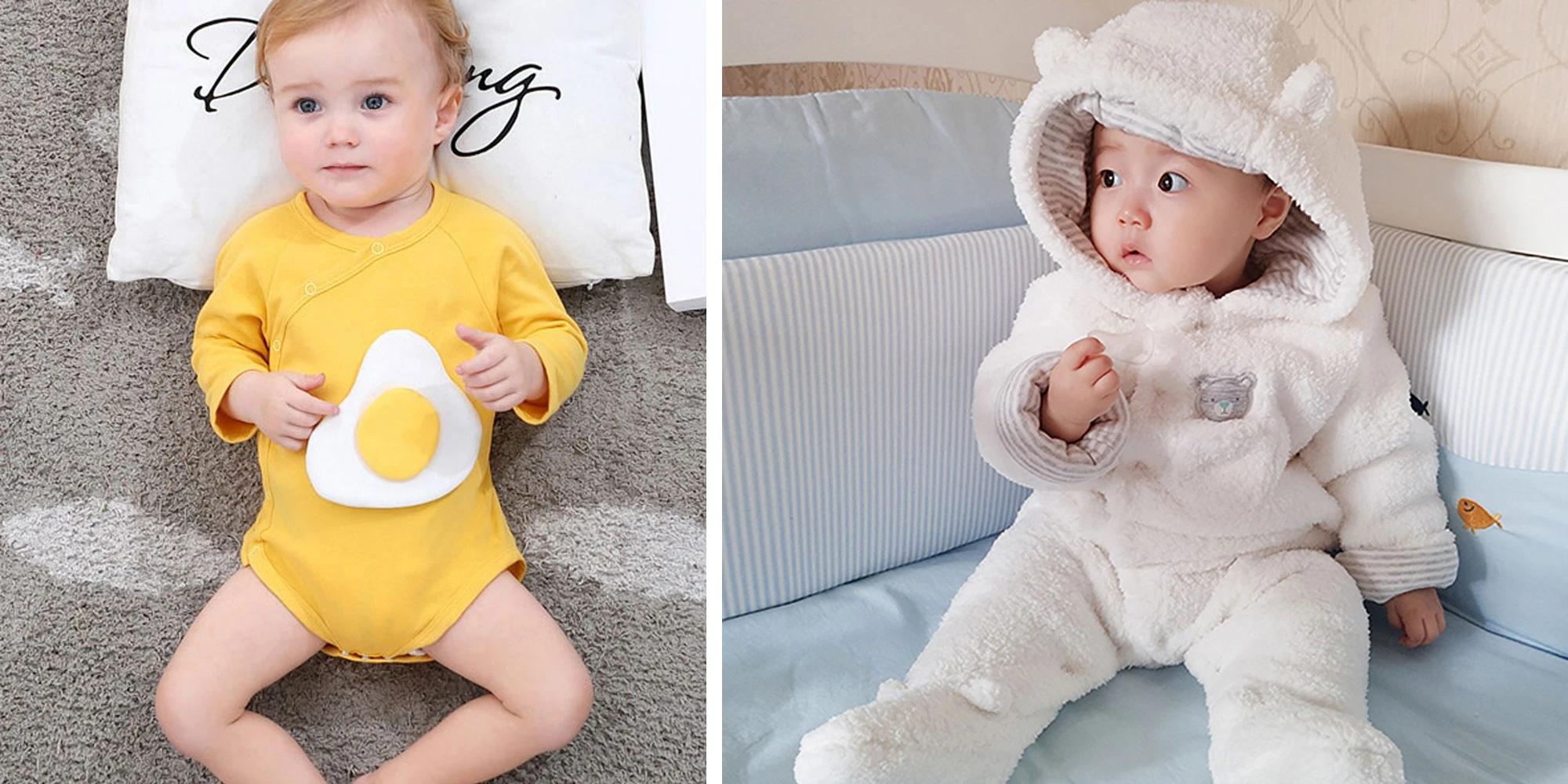
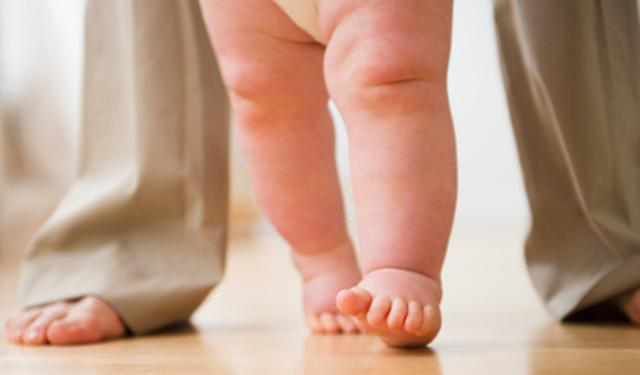


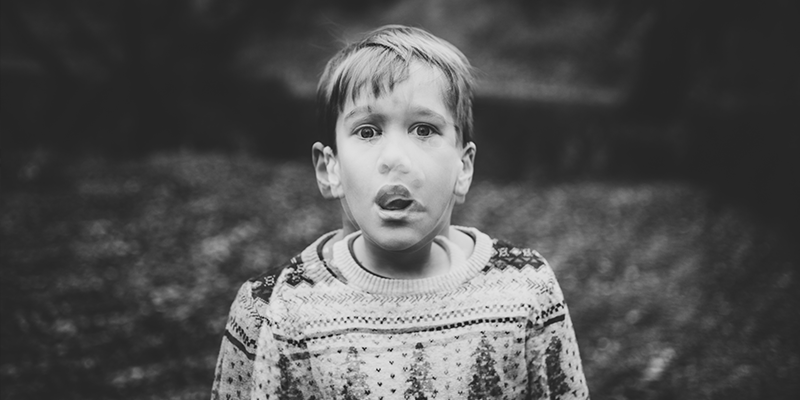
This article is very useful to me